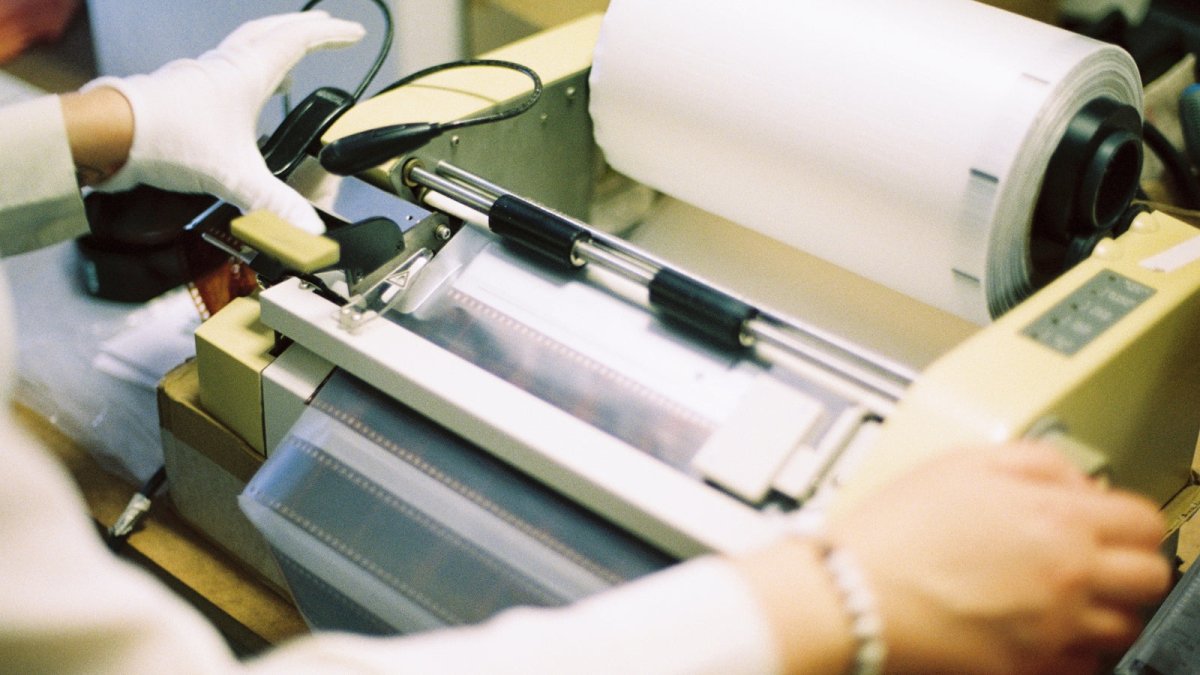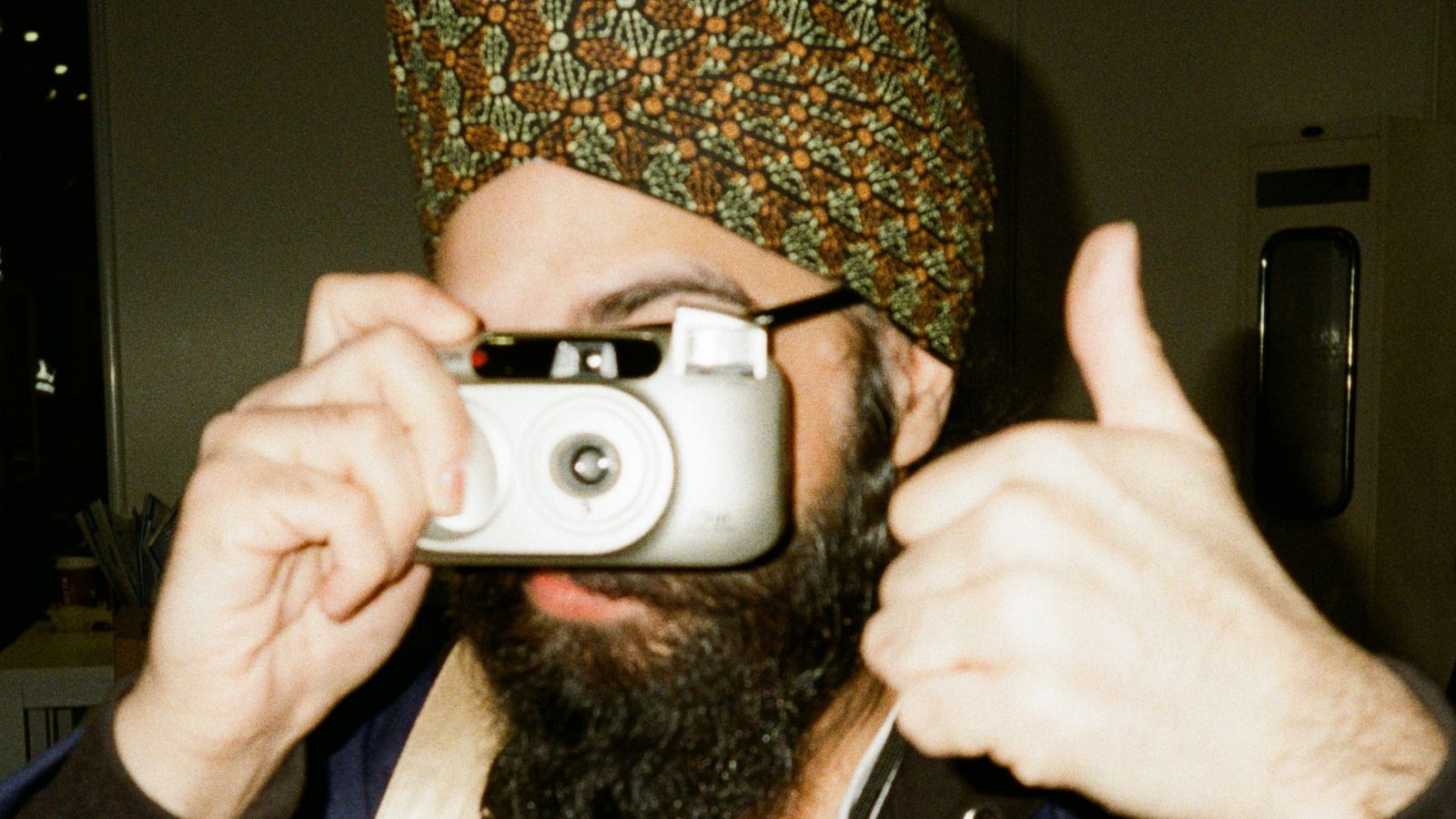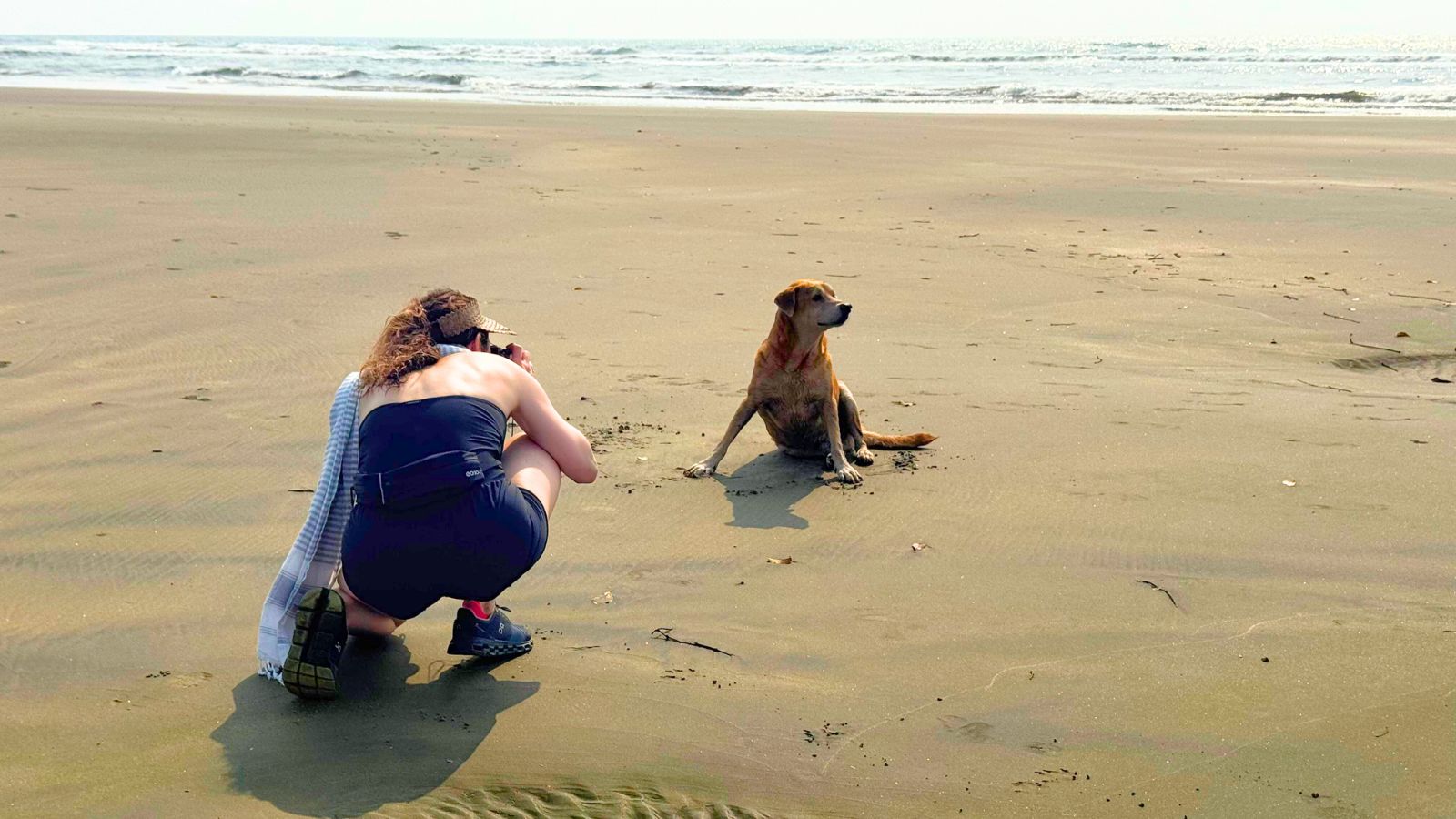
How To Find The Best Place For 35mm Film Processing
By Paul McKay
If you’ve recently returned from shooting with a pocket full of exposed 35mm rolls, you’ll want to find the best place to process film. But the ‘right’ lab for 35mm film processing may be different for different folk - this guide will help you understand some of the most important considerations as you compare different film processing labs, and builds from our Beginner's Guide to Film Processing.
Research Different Services and Costs
When considering different film processing services, you should research the prices, quality of service and turnaround times. Not all film labs offer the same services or levels of quality, so take your time to compare different options before making your selection. It's also useful to consider how far away each option is from you as this can affect delivery times and cost you extra on shipping (more on this later).
But first: the most important thing to check is whether a lab is even able to process your type and format of camera film. Some people find this a surprising concept but it is because the equipment needed can be very different. For example in our lab we use a Fujifilm 563SCAL machine to process colour 35mm film but it can only develop C41 colour film because the chemicals are stored inside the machine. So for development that requires a variety of chemistry and timings - like black and white 35mm film processing - then we have to use a totally different piece of kit: the JOBO ‘Lift’ processors. Other labs will have different combinations to achieve different services - but they should be happy to share that information with you up front.

This variety of equipment means that not all labs will be able to process all types on-site, although often they will have back-up plans to offer the service to their customers. For example many highstreet shops - even those who process colour 35mm film themselves - will send their black and white film away to a central lab for processing and scanning the film. Others may do black and white but not colour; or 35mm but not 110; or any other combination. We've recently added the ability to process B&W reversal films - something that is increasingly rare due to the needs for specialist chemistry and expertise.
You may also want to check how the labs treat the scans of your negatives. There is a world of difference between someone sending the film through a scanner on default settings vs someone who understands how the film should look and can edit the scans to accurately represent the image that you captured.
Here at Analogue Wonderland we have a wide range of film processing and scanning options. Ultimately our aim is to be able to process every 35mm film that we sell - that is a work in progress at the moment, because some of the films we sell require incredibly specialist chemistry - like our range of Kodak Vision films! - but we’re making solid progress and adding new equipment every month.
Check Customer Reviews
Before making your selection, it's a good idea to check online customer reviews. Looking at reviews from others who have used the lab’s film processing service can help you get a better feel for the quality of results and level of customer service you can expect.
Reading reviews also helps you make sure you're selecting a reliable film processing lab. Many review sites allow you to filter search results by star ratings, so aim for the higher end of the spectrum when selecting your chosen product or service.
Also think about what’s important to you: if you really care about how quickly your 35mm films are processed but aren’t too bothered about the quality of scans then search the reviews for mention of ‘speed’ ‘turnaround’ ‘delays’. Whereas if quality of film processing is the most important to you then look for ‘great scans’ ‘clean negatives’ or similar.

Test Quality Before Sending Large Quantities of Film
Once you've narrowed down the best-reviewed processing labs, it's a good idea to test them with a small job before sending in larger quantities of film. That way, you can gauge the quality of their results and service while making sure that they can handle larger batches safely.
Ideally, you'll want a timely turnaround without sacrificing quality!

Is there a processing lab near me?
Kodak maintain an excellent ‘lab finder’ although please note that the world of film photography moves quickly and we can’t guarantee that the information is perfectly up-to-date.
Although the number of film processing labs in the UK is lower than 20 years ago - in line with the general public's interest in film processing (see below) - it has stabilised in recent years.

As long as you’re based in a country with reliable postal service then please don’t worry about needing to find a lab within walking distance. At Analogue Wonderland we offer free tracked inbound shipping for your film with Royal Mail from any UK address. This means if you can’t physically bring your films to our lab for film processing (we’re located here), you can track your parcel to make sure that it got to us safely (for added peace of mind).
Confirm Delivery Times and Package Tracking Options
Before you trust your camera film processing project to a lab, be sure to ask about delivery times and package tracking options. Many offer tracking codes (especially when sending larger quantities of film) so that you can easily follow the progress of your film from start to finish.
The reliability of different couriers will vary from country to country, and use your local knowledge to sense-check the official claims.
Additionally, try finding out every detail about their processing methods, quality control measures, packaging specifications, and security protocol. This will help ensure that your photos stay safe throughout the entire process!

Conclusion: How To Find The Best Place For 35mm Film Processing
We hope this mini guide has helped you understand what’s important in the search for your ultimate 35mm film processing lab. Put simply - there are many wonderful options open to you - even more than the choice of 35mm films! - and as long as you’ve done some basic research to ensure that your needs match the capabilities of the lab then we’re sure you’ll be thrilled with the results!
We would love to hear from you if you have any questions about the points we’ve raised - simply get in touch via the chat box on our film processing homepage.
Check out our Dos and Don'ts guide of safely sending in your film to the lab.
Ready to dive in?
Keep Reading
View all
The new series: Analogue Adventures
Submit your personal Analogue Adventure - and if chosen we will work together to turn your experience into an article on our site and social posts on our account for posting with the analogue community!

Analogue Adventures: Nic in India
The first in our new series of community articles, find out how film photographer Nic got on with a Pentax 17 camera in India!

Another award for our lab: Photography News 2025!
We're delighted to share the news that our film lab has won the Editor's Choice award from Photography News for 'Best Processing Lab'!
Subscribe to our newsletter 💌
Sign up for our newsletter to stay up to date on film photography news, sales and events:
Free Tracked Shipping
On all UK orders over £50
Passion For Film
An unbeatable range and an on-site lab
Our Customers Trust Us
Thousands of independent 5* reviews
All Deliveries are Carbon Neutral
Independently audited and verified by Planet
- Opens in a new window.





1 Comment -
Roy Bartlett •
I have the following films to be processed and saved to Disk as Ultra high definition images 1off Agfa CT18 120mm, 1 off 1 off Ilford Kodak E-3 120 mm, 1 off lford HP5 35mm and 1 off KodakGold UltraE-41b12 Exp 35mm.
Please could advise cost of the above.
Kind regards
RJB